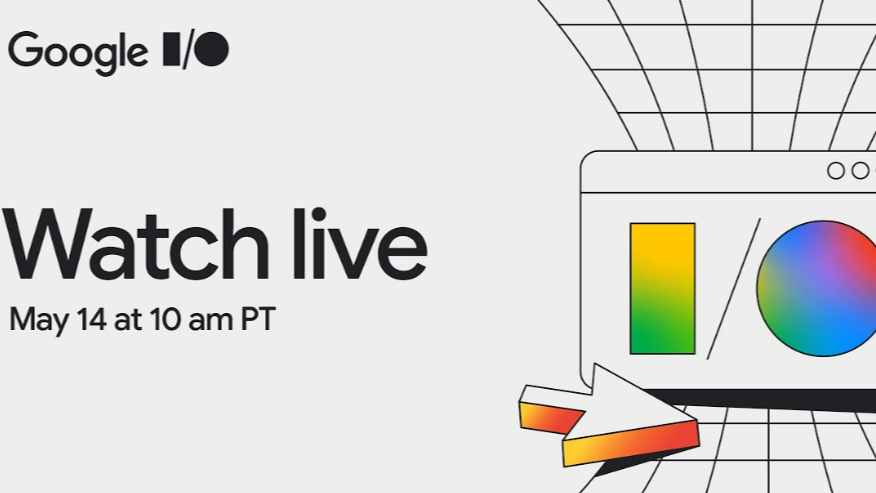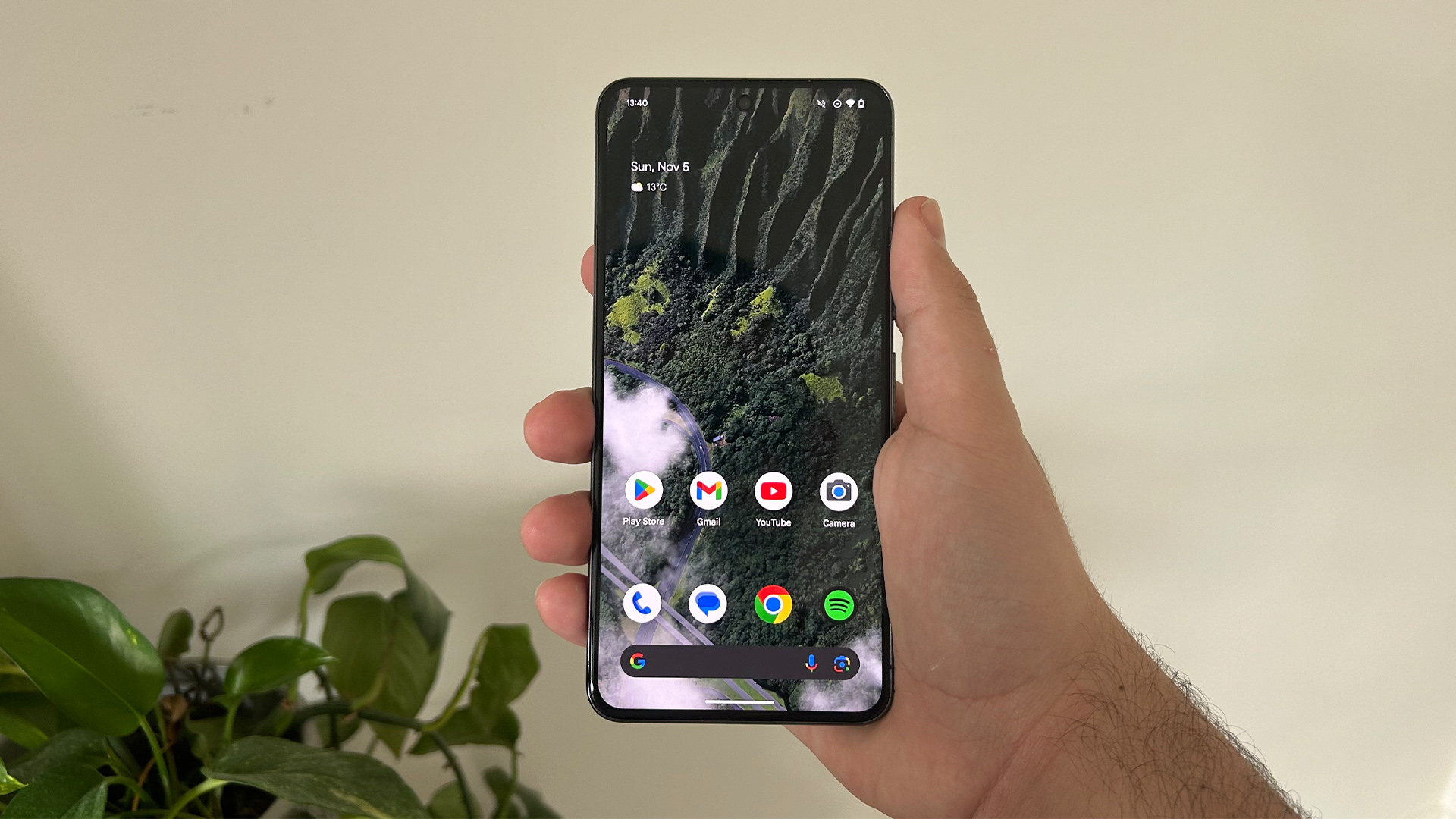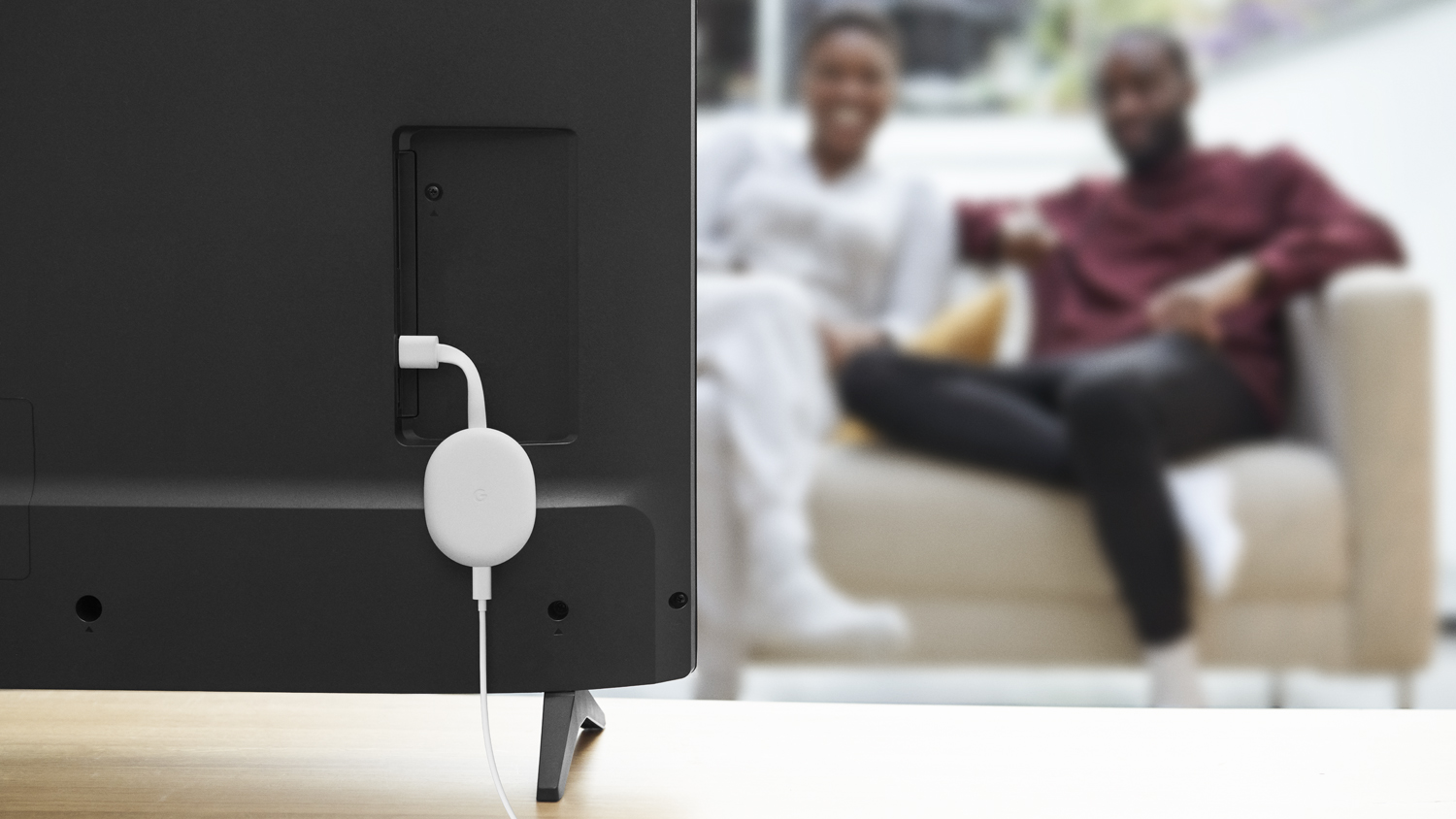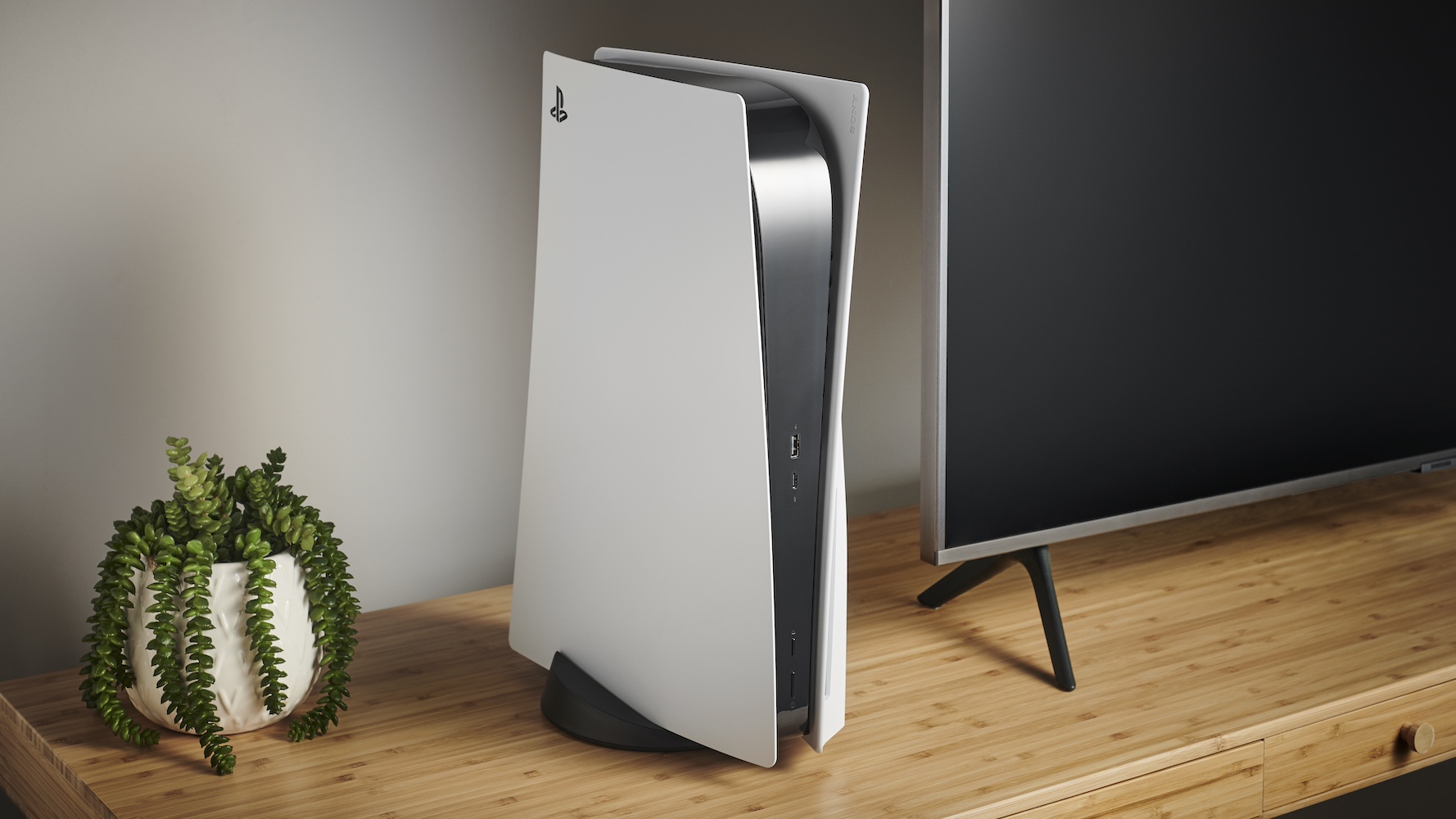Google I/O 2024: start time, how to watch, what to expect and what we'd like to see
Gear up for a raft of new Google announcements

Hot on the heels of Apple's iPad event, Google is hosting its own live-streamed event where it will be showing off a plethora of new developments. It is likely that software will be at the forefront of this event – so be prepared to hear the words "artificial intelligence" or, more likely, its abbreviation many, many times.
With just a few hours until Google's developer conference kicks off, we have rounded up some key information about how and where to watch the show, when it starts, what to expect and some things we would like to see announced.
What time does Google I/O start?
It's set to kick off at 6pm BST here in the UK. Which means, if you live on the east coast of the US, you will need to tune in at 1pm ET, or if you're on the west coast then it's a 10am start. Google enthusiasts Down Under will need to either stay up late or wake up very early, as the Google stream will take place at 3am AEST.
You can track the start time on the official Google I/O website, with its nifty countdown clock ticking down until the stream begins.
Where can I watch Google I/O?
Google appears to be hosting its livestream on YouTube which should be no surprise. You can tune into the keynote stream now if you're particularly eager, where you will find a trailer of what's to come. Truthfully it doesn't give much away, but the bouncy graphics and tunes should get you in the mood.
What should I expect from Google I/O 2024?

As mentioned previously, this is likely to be a software-heavy event, with the spotlight probably on Android. We have reviewed a handful of excellent Google-powered handsets recently, such as the Google Pixel 8 Pro, Samsung Galaxy S24 Ultra, and Sony Xperia 1 V – so we anticipate new features coming to those devices. Obviously, we are interested in new picture and sound features first and foremost, so we'll be looking out for those where we can.
It's likely that Google TV will also get its time to shine, hopefully with new features inbound too. Google TV powers some brilliant TVs (Sony A80L and A95L, Philips OLED808 and OLED908) and media streamers (Google Chromecast with Google TV), so new software features for those devices would be most welcome.
Get the What Hi-Fi? Newsletter
The latest hi-fi, home cinema and tech news, reviews, buying advice and deals, direct to your inbox.
New hardware also isn't out of the realm of possibility. Google tends to drop a sneak peek of its upcoming Pixel smartphones within these streams, however it decided to launch the Google Pixel 8a (successor to the Pixel 7a) last week with very little fanfare. We're not anticipating a full reveal of the Pixel 9 series, as we are expecting that honour to be reserved for the yearly Made By Google event, which usually takes place in October. However, it may not be off the cards completely, as Google announced the Pixel Tablet, Pixel 7a and Pixel Fold at last year's I/O event.
What do we want to see from Google I/O?

One word: Chromecast. It's been ages since we have seen a new Chromecast device, and while the Google Chromecast with Google TV is an excellent media streamer (Award-winning, no less), we are overdue a refreshed model. If Google announces a major update to Google TV, it would be a no-brainer to announce an upgraded Chromecast to coincide with it.
I have certainly aired my grievances about not having a high-end Chromecast streamer to rival the likes of the Apple TV 4K or Amazon Fire TV Cube before, so Google has the opportunity to rectify this now. It's debatable as to whether this is a realistic request – it may reserve something like this for a Made By Google event – but it could very well be time for an all-new Chromecast.
Elsewhere, we would like to see some news regarding Google's Dolby Vision and Dolby Atmos rivals. It has been developing Project Caviar in collaboration with Samsung, with a focus on bringing dynamic HDR and immersive audio to YouTube videos. This project was born from the desire to circumnavigate Dolby's licensing fees while offering the latest AV-focused features. We haven't seen much about this project, although we did get a hint towards what could be in the works last November.
Immersive Audio Model and Formats (IAMF) is claimed to be the first open-source 3D audio technology, and it could take on Dolby Atmos in the near future. While it has yet to be applied to any current services or devices, now could be the time to delve deeper into this intriguing AV feature.
MORE:
What is Google TV?: Apps, features, compatible TVs and everything you need to know
And the best Android phones
Lewis Empson is a Senior Staff Writer on What Hi-Fi?. He was previously Gaming and Digital editor for Cardiff University's 'Quench Magazine', Lewis graduated in 2021 and has since worked on a selection of lifestyle magazines and regional newspapers. Outside of work, he enjoys gaming, gigs and regular cinema trips.
